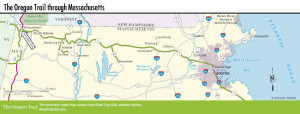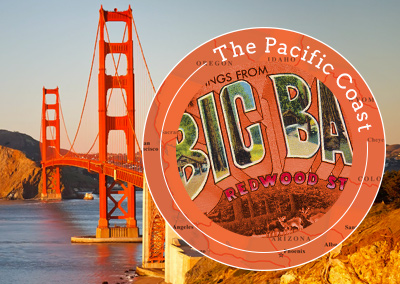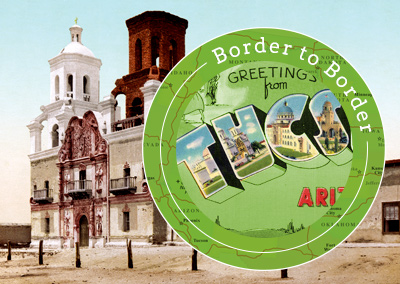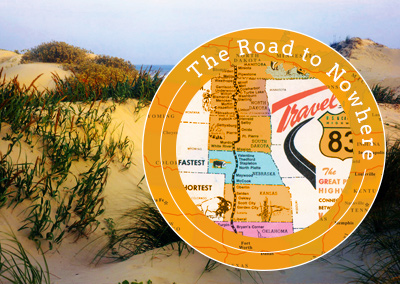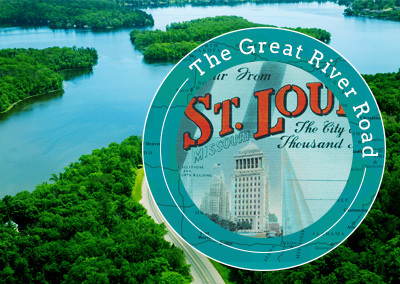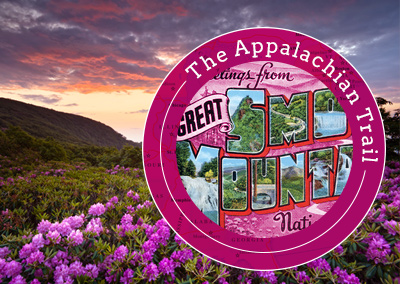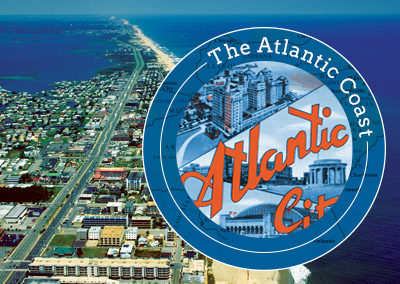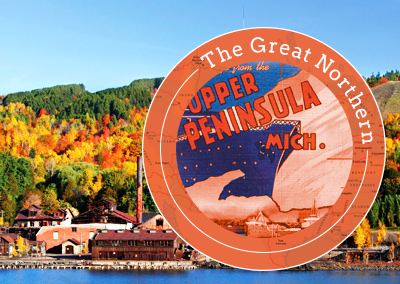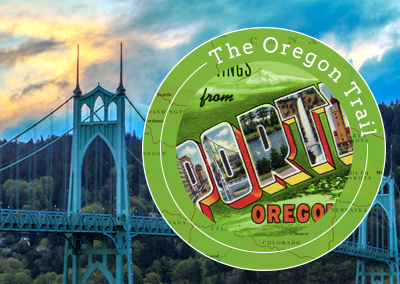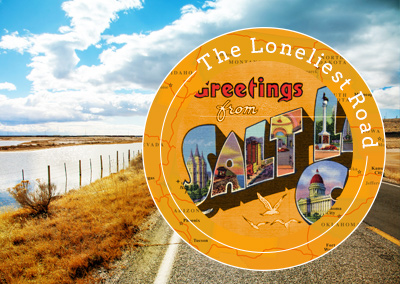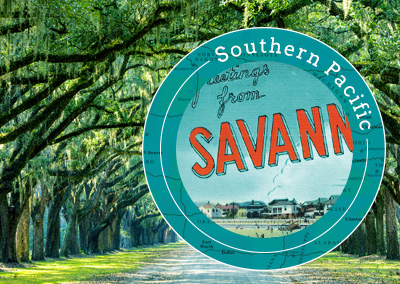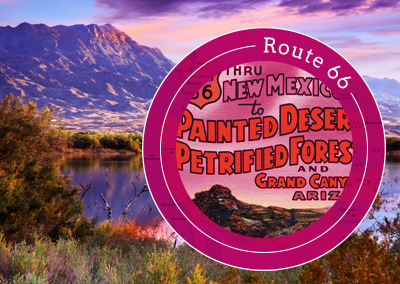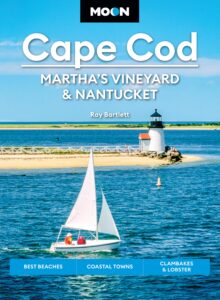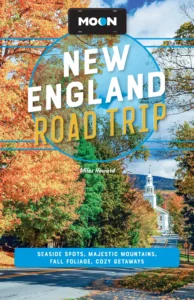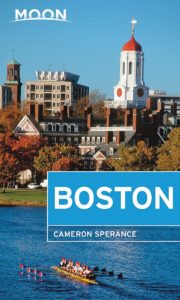Concord: The Shot Heard Round the World
Route 2 feels increasingly freeway-like the closer you get to Boston, but there are a few things in the neighborhood you may want to check out if you’re not in a hurry to hit “The Hub.” A good example is lovely little Concord (pop. 17,669), the destination of British Redcoats that fabled day in April 1775 when the war for American independence began. A reconstructed Old North Bridge, site of the “shot heard round the world,” still arches over the placid Concord River next to open fields and dry stone walls. The superb setting draws artists and picnickers as well as history buffs, and if the crowds aren’t too bad, the scene ranks among the most evocative in New England. The Minute Man National Historical Park (978/369-6993) maintains a free year-round visitors center on the hillside overlooking the famous site. Stop in and pick up a guide to the rest of the park’s 900-acre holdings along the “Battle Road” (a.k.a. Lexington Road and Route 2A) between Concord and Lexington. (And try to turn a deaf ear to the constant stream of small planes flying in and out of nearby Hanscom Field.)
Although it often seems as if you can’t toss a stick anywhere in eastern Massachusetts without hitting something of historic significance, this is especially true in and around Concord, where some of the most influential American writers—Ralph Waldo Emerson, Nathaniel Hawthorne, Henry David Thoreau, and Louisa May Alcott, to name the most famous four—lived or worked. To get a sense of the lives of these influential and interconnected writers, head to that ancient-looking parsonage alongside the famous Old North Bridge, The Old Manse (269 Monument St., 978/369-3909, daily, grounds free, house $10), whose study window views are not so different from what they were when Ralph Waldo Emerson and Nathaniel Hawthorne lived here. And if the mood strikes you, you can visit the final resting place of these literary lions along Author’s Ridge in Sleepy Hollow Cemetery, off Bedford Street northeast of the town center.
Visitors may be struck by the quantity of “No Parking” signs lining the streets of Concord. The reason for this barrage of apparent inhospitality may be seen on any sun-drenched summer weekend, when long columns of cars bound for the beach at nearby Walden Pond jam Route 126. Serious fans of Henry David Thoreau and his little experiment of simple living may be able to overlook its overstressed condition, but more than likely you’ll be taken aback by the erosion, the crowds, and the racket of passing commuter trains. Of course, there is still some magic to the place, although it usually takes a near-dawn in late spring or near-dusk in late fall to find any hint of peace or magnificence along the pond’s well-worn peripheral path.
For a quick introduction to all this and more, stop by the Concord Museum (978/369-9763, daily, $12), just east of the town green, where the collection contains everything from the lantern used in Paul Revere’s famous ride to dozens of household objects (beds, chairs, desks, etc.) belonging to Emerson and Thoreau.
If you want to linger in Concord long enough to have some transcendent moments of your own, stay the night at one of many nice B&Bs, like the Hawthorne Inn (462 Lexington Rd., 978/369-5610, $235 and up), across from Hawthorne’s home, The Wayside, which is part of the Minute Man National Park.
Perhaps you haven’t got a week—like Thoreau did—to paddle down the Concord River. You can still make your own, albeit abbreviated, journey with a summer or fall canoe rental from South Bridge Boat House (496 Main St., 978/369-9438, around $18 per hour).
Map of the Oregon Trail Route in Massachusetts
